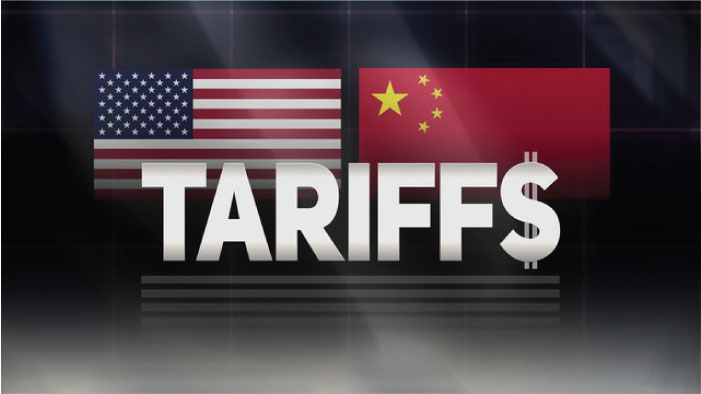Earlier this year, The US. Government introduced new tariffs for goods imported from foreign countries, including China, the EU, Mexico, and Canada. Some of the harshest restrictions were placed on goods coming from China. These restrictions resulted in retaliation. China began increasing their tariffs on goods imported into the country from the United States; And in return, The US. responded with more tariffs, and a trade war ensued.
Now, China has decided to reduce the amount of oil that they import from the US. This new development in the trade war is sure to cause problems for shippers, as well as those in the oil industry.
Targeting the Oil Sector
This new threat comes weeks after a previous threat to add a 25% import tariff on crude and refined oil products imported from the US. Because most Chinese refiners order their oil up to a month in advance, oil sales are expected to see dramatic reductions by October.
Even Asia’s largest refiner, Sinopec, is hesitant to place any new orders (they placed their last order in July). This would be a devastating blow to the US’s oil exports. Since China is the second largest purchaser of oil from the US, we could see a large decline in demand.
Although it seems China is in a better position to win than the US, they will also experience negative effects if they follow through with the new tariffs. While China does have other options for import, none are equivalent to the US.
There will most certainly be a period of adjustment, as well as a long-term decrease of oil supply in China. This could lead to increased gas and operational prices that would be detrimental to their already fragile economy. Such issues could cause their equities to plunge below the bear-market territory they are already in.
Impact on Bilateral Trade Surplus
Another consequence of the trade war that China should consider are the bilateral effects. While the US imports $115.6 billion in goods from China each year, the country would lose almost four times that number in exports. That is because China imports more from the US than they export.
China has possible alternatives to the US, like the emerging African and Asian markets. The US, on the other hand, is slowly losing its ability to deal with any other country. Due to fears of increased tariffs, the US has very few trade allies left.
Other Arenas of Conflict
This trade war has also escalated defense measures. The Senate has already approved a defense bill that increased security reviews for Chinese business deals and tightened the control on US technological exports to the country. Additionally, it limits the areas in which Beijing can practice military exercises.
There are also fears that this conflict could cause issues in international diplomacy. Between the decision of supporting the US or China and the fear of President Trump’s expanding list of tariffs, other countries are baffled by what they should do next.
China, on the other hand, has a contingency plan. They can shift their focus to the domestic front. Keeping interest rates low and credit flowing could help them maintain a fairly stable economy as the trade war escalates.
Unfortunately, governments and large corporations are not the only ones that will be affected by an all-out trade war between these two powers. Everyone in the shipping industry is sure to suffer, as well. There will most certainly be adjustments in demand for cargo traveling between the US and Asia. Those who are reliant on the Asian market may need to begin searching for alternative sources of goods.
Now, a lot of these consequences are dependent upon the next moves that each country takes. If the two powers can keep cool heads and make smart decisions, then the impact of the trade war could be minimalized exponentially.
However, those in potentially affected trades should prepare for a worst-case scenario. After all, it is better to be prepared for a disaster that never comes than to be unprepared for one that arrives out of the blue.






2 Comments on “US Imports are Heating Up as Trans-Pac Spot Rates Rise”
I am a port driver who frives the off peak hours. Until recently the LA LongBeach harbor/port had a the off peak hour program taken away in which companies/truckdrivers where allowed to not pay pier pass if containers were picked up after 1800hrs . The offpeak hour program helped an already congested fwy system by having fewer trucks in the day time and most importanly not to mention what it did for our enviroment less trucks on the road means cleaner air system. What good does a tariff war do if the effects are ruining the enviroment in the long run… Thanks Port Driver Mike C
Hi Mike – thank you for reading us and for your helpful insight!